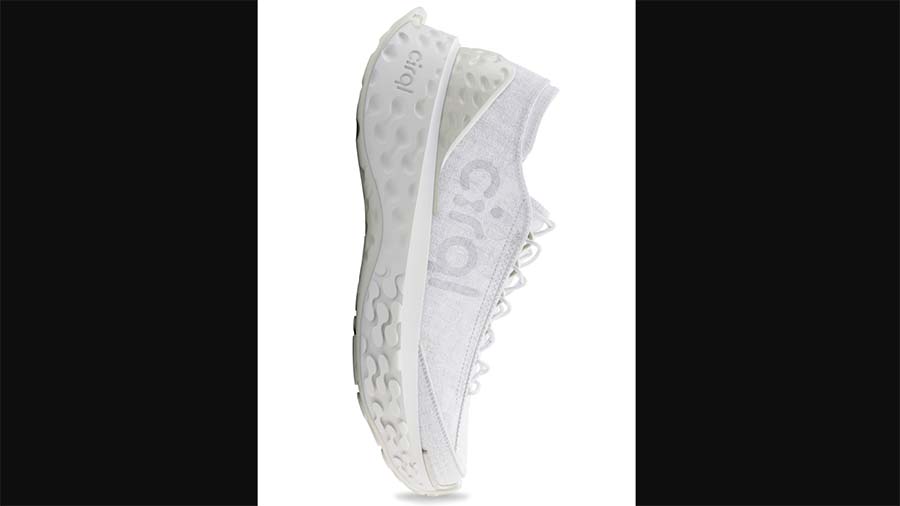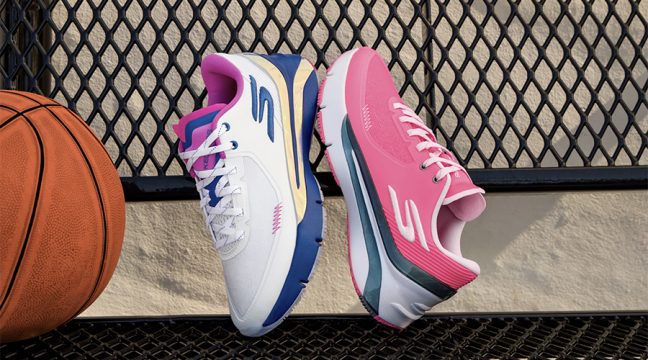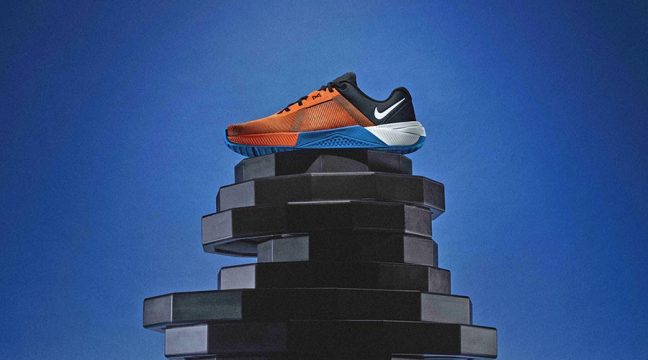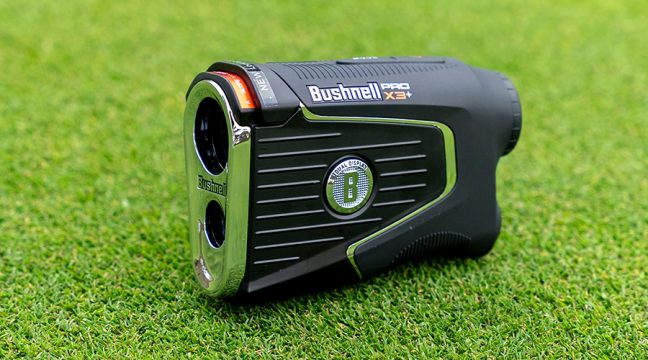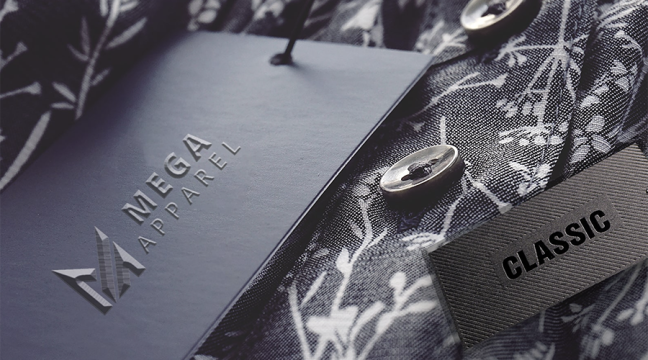Ortholite’s Cirql, a Vietnam-based company focused on developing scalable, less impactful, finished midsole components and material solutions for footwear brands, unveiled Cirql Zero, its latest industrially compostable, biodegradable foam innovation.
With a commitment to keeping shoes out of landfills, Cirql now offers footwear brands solutions that address both the production and end-of-life phase of footwear materials, emphasizing biodegradability, recyclability, manufacturing adaptability, and scalability.
Cirql’s two end-of-life solutions include:
- Fully recyclable with rTPU30, which contains 30 percent post-consumer recycled content and
- Biodegradable/industrially compostable with Cirql Zero.
“Footwear brands have been searching for a trusted, fully biodegradable midsole material for many years; it’s the last piece of the puzzle,” noted Matt Thwaites, vice president and general manager of Cirql. “The midsole has always been a challenge because brands need the performance properties to go with the compostability of a biodegradable midsole. After diligent development and testing, we can now provide a price-competitive, scalable, industrially compostable, and biodegradable midsole component and material solution to our global footwear brand customers. I’m very proud that Cirql is able to work toward democratizing less impactful footwear materials.”
Cirql Zero debuts at ISPO Munich as the midsole in a concept shoe called the “Disappearing Shoe,” designed and developed by the Cirql team. The shoe is on display at the brand’s booths in Hall A2, Stand 426, and in the BrandNew Village, Hall B2, Stand 100-38. The shoe is also a finalist for the ISPO BrandNew Award. ISPO will announce the award honoree on December 4.
Cirql Zero “uses a proprietary polymer compound made via supercritical foaming with inert gases, offering a lightweight, comfortable, and resilient customizable midsole solution for use in multiple footwear categories, from athletic to luxury.”
Patent-pending Cirql Zero “can be ‘tuned’ to meet the design specs required by footwear brands.” At the end of its life, Cirql Zero “exceeds the industrial compostability testing standard of 90 percent degradation in 180 days, making it fully compostable in industrial composting.”
The company noted that a “standout feature” of Cirql Zero is its “manufacturing versatility.” In an “autoclave process, the midsole foam can be made using supercritical foaming (SCF) technology.” This flexibility ensures that “Cirql Zero is accessible to a broad range of manufacturers, streamlining its integration into existing production processes.”
Cirql Zero “is the first midsole foam that can be scaled to hundreds of millions of pairs of shoes annually.”
Cirql reported in a media release that it “offers solutions for footwear brands and their factory partners to make progress towards their own sustainability goals, ensuring a more environmentally responsible supply chain and minimizing the negative end-of-life impacts associated with footwear manufacturing.”
As a brand focused on lowering the environmental impacts associated with footwear, Cirql is committed to transparent, verifiable claims and trackable operations, materials, and processes. On November 21, Cirql’s Vietnam factory obtained GRS certification.
“We’re very proud to offer our revolutionary midsole solutions. With Cirql rTPU30 and now, Cirql Zero, our team is ready to provide the global footwear industry trusted, scalable end-of-life solutions that are much needed by brands to reach their own climate goals,” said Thwaites.
Image courtesy Ortholite Cirql

